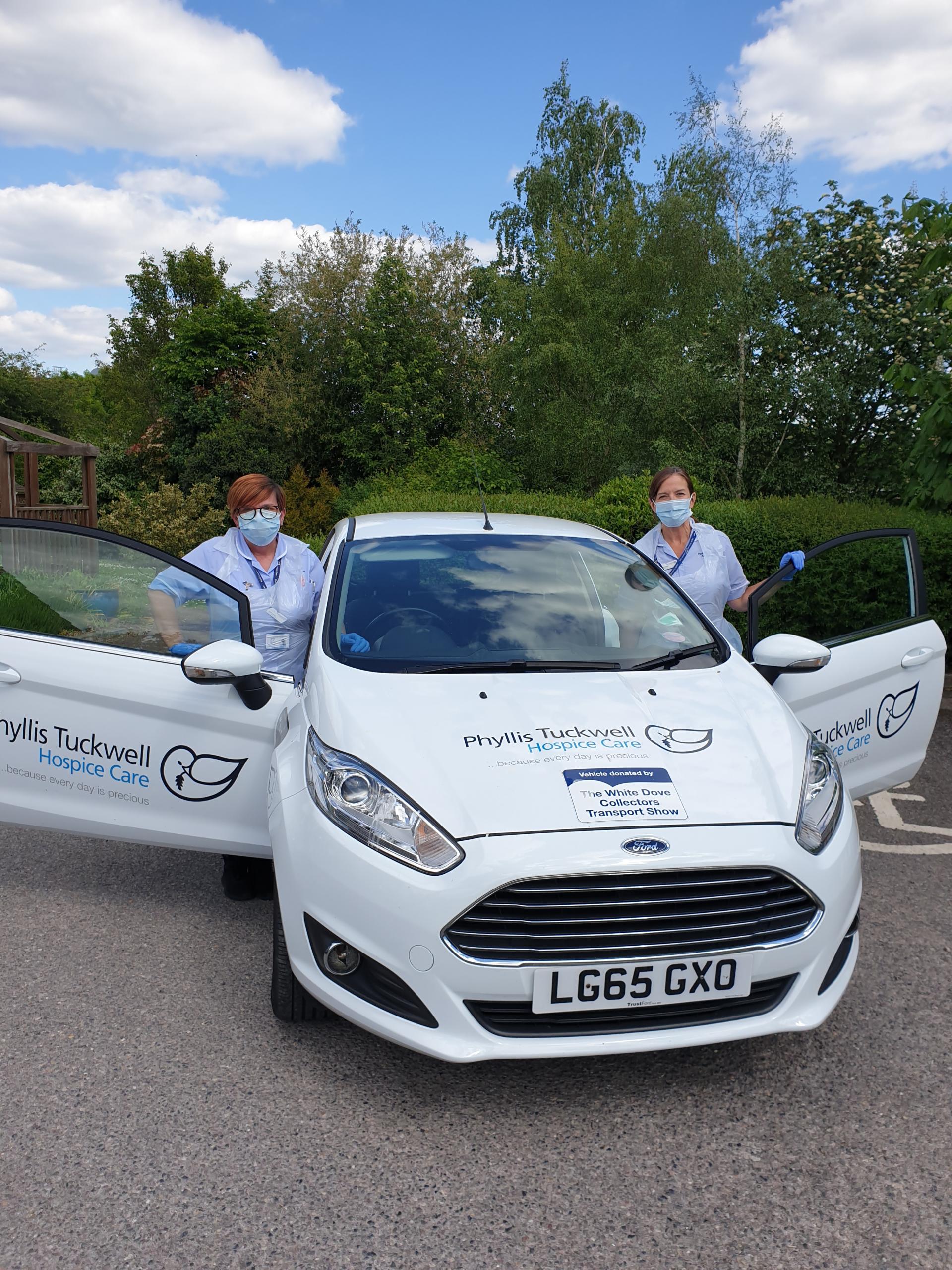Over 100 prizes to be won every week!
- 1st Prize: £1,000
- |
- 2nd Prize: £100
- |
- 3rd Prize: £50
- |
- 20 x £10
- |
- 80 x £5
‘Are you in a good place to die?’
10 May 2021
Phyllis Tuckwell’s Hospice Care at Home team visits patients who have chosen to spend their last days, and to die, at home.
In recent years, an increasing number of terminally ill people have chosen to spend their last days at home, instead of in a hospital or hospice, and during the pandemic the proportion of people choosing to die at home rose even more. 10th-16th May is Dying Matters Awareness Week, which this year asks ‘Are you in a good place to die?’ While death is something we often shy away from talking about, it’s important to consider the practical aspects of death, and to be open to discussions about them with our loved ones.
Dying Matters is a coalition of organisations led by Hospice UK to promote awareness of dying, death and bereavement, and to help people talk more openly about these matters. Its members include the NHS, hospices, care homes, charities, social care groups, community and faith organisations, schools and colleges, and funeral directors.
Local Hospice Care charity Phyllis Tuckwell, which provides supportive and end of life care for patients and families who are living with an advanced or terminal illness, such as cancer, has seen an increase in the number of patients who prefer to be cared for in their own homes, rather than at the Hospice, over the last few years. Its Hospice Care at Home team, whose Nurses and Health Care Assistants visit patients at home in their last weeks of life, has grown significantly since it was first established in 2008, and now cares for around 600 patients a year who have chosen to die at home.
Being in the right place to die isn’t just about where you are physically, though; it’s also about having the right emotional and practical support in place too. As well as offering compassionate medical and nursing care, to enable patients to spend their last days in the place of their choice, Phyllis Tuckwell also supports patients and their families through counselling and pastoral care, and offers practical help with arranging carer support and applying for benefits.
“We all concentrate on how we’re born, but we don’t think about how we’re going to die,” said the relative of one of Phyllis Tuckwell’s patients. “If someone can die where they want to be, then to give them that is fantastic.”
So, during Dying Matters Awareness Week, perhaps now is a good time to consider whether you are in a good place to die?
Over 100 prizes to be won every week!
- 1st Prize: £1,000
- |
- 2nd Prize: £100
- |
- 3rd Prize: £50
- |
- 20 x £10
- |
- 80 x £5

